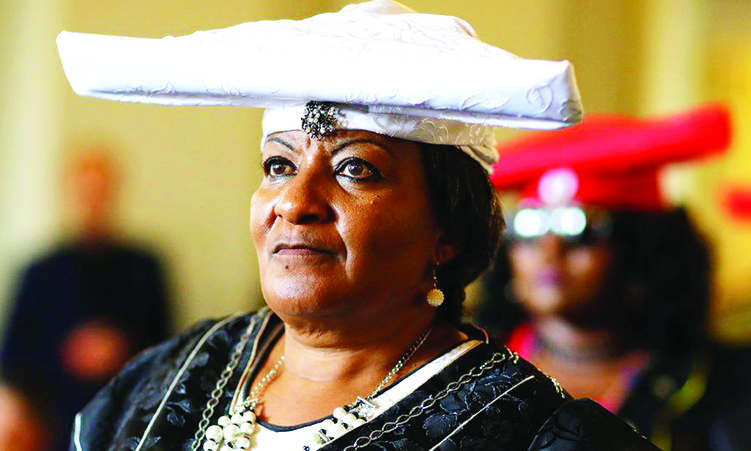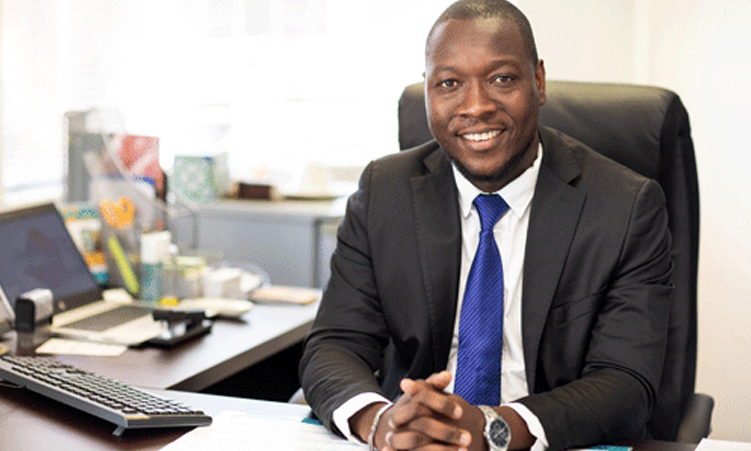The deputy minister of health and social services, Esther Muinjangue, says Namibia’s suicide rate is amongst the highest on the continent.
She said this in a speech read on her behalf by deputy executive director of health and social services Jeremia Nghipundjwa at the Lifeline International forum held in Windhoek yesterday.
“According to the World Health Organisation, Namibia’s suicide rate stands at 9,7 per 100 000 people, placing it the highest in Africa,” Muinjangue said.
The event was attended by delegates from different African countries.
The minister said this distressing figure is particularly alarming, considering its impact on young people.
Muinjangue said from January 2021 to July 2022, some 779 Namibians took their own lives.
“Among this tragic number, 643 were adult men, while 106 were adult women who chose to end their lives.
Additionally, 18 boys and 12 girls took their own lives, she said.
Muinjangue said the Lifeline Forum gathering presents a significant milestone in the country’s shared commitment to suicide prevention.
“We must acknowledge that our work in suicide prevention is not merely important, it is imperative.
“It is incumbent upon us to harness the power of collaboration, knowledge sharing and innovative approaches to alleviate the suffering and provide much-needed support to individuals and communities affected by this tragic loss of life,” she said.
Muinjangue said together Namibians can make a profound difference in the lives of those grappling with suicidal thoughts, and create a society where hope, resilience and mental well-being prevail.
Also speaking at the forum, was the chairperson of Childline/Lifeline Namibia, Webster Gonzo, who said the vision of the organisation is to have safer, healthier and more resilient children, families and communities.
“The services provided by the organisation include face-to-face counselling and telephonic counselling through the toll-free 116 and 106 helplines,” he said.
“The Lifeline International network has always served as a beacon of hope, shining brightly amid the challenges we face.
“This forum serves as a platform for us to learn from one another, to draw strength from our collective experiences, and to chart a course that embraces resilience and fosters hope,” he said.
Stay informed with The Namibian – your source for credible journalism. Get in-depth reporting and opinions for
only N$85 a month. Invest in journalism, invest in democracy –
Subscribe Now!










